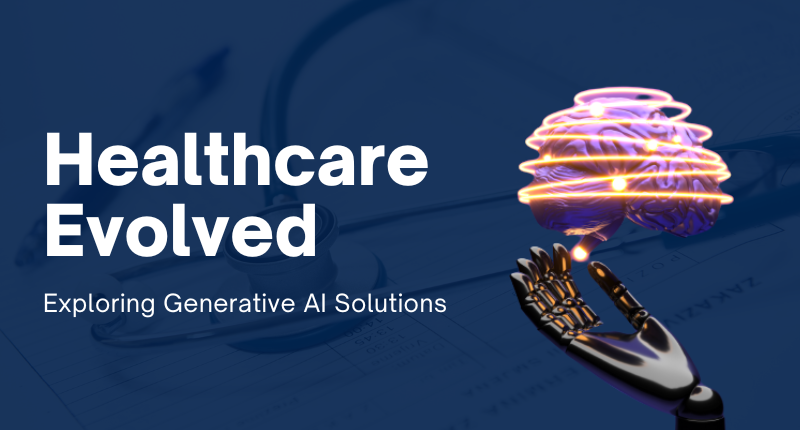The healthcare industry is undergoing a profound transformation, driven by advancements in technology. One of the most promising innovations is the integration of generative artificial intelligence (AI) solutions. In this blog, we will delve into how generative AI is reshaping healthcare, exploring its potential applications, benefits, and challenges.
Generative AI in Healthcare: An Overview
Generative AI refers to AI systems capable of creating content such as text, images, and even medical data. These systems are based on neural networks and have demonstrated remarkable potential in various domains. In healthcare, generative AI is proving to be a game-changer.
Applications of Generative AI in Healthcare
- Medical Image Generation: Generative AI can create high-resolution medical images, aiding in diagnostics and medical training. For instance, it can generate synthetic MRI images for research or educational purposes.
- Drug Discovery: By generating molecular structures and simulating their interactions, generative AI accelerates drug discovery, reducing time and costs.
- Electronic Health Records (EHRs): AI-driven systems can generate comprehensive patient records, streamlining documentation for professionals.
- Natural Language Processing (NLP): Generative AI can help in generating clinical reports, translating medical documents, and improving the accuracy of medical transcription services.
Benefits of Generative AI in Healthcare
- Efficiency: Generative AI automates various tasks, allowing it to focus on patient care, reducing administrative burdens.
- Precision: AI-generated medical data is often more precise, minimizing errors in diagnoses and treatment plans.
- Cost Reduction: Faster drug discovery and streamlined processes lead to significant cost reductions in healthcare operations.
- Accessibility: AI-driven tools can bridge the gap in healthcare access, especially in underserved areas, by providing remote consultations and medical assistance.
Challenges and Considerations
- Data Privacy: Handling sensitive patient data requires stringent privacy measures to prevent data breaches and protect patient confidentiality.
- Regulatory Compliance: It is a highly regulated field, and AI systems must adhere to strict guidelines and standards.
- Ethical Concerns: The use of generative AI raises ethical questions regarding accountability, transparency, and decision-making.
- Bias and Fairness: AI models may inherit biases present in training data, leading to disparities in healthcare outcomes.
Conclusion
Generative AI is revolutionizing healthcare by automating tasks, enhancing precision, and reducing costs. While the benefits are undeniable, healthcare providers and policymakers must navigate the challenges of data privacy, regulatory compliance, and ethical concerns. As generative AI continues to evolve, it holds the promise of improving its accessibility and patient outcomes.
In this dynamic landscape, it is essential for healthcare professionals to stay informed about the latest developments in generative AI and embrace this transformative technology responsibly, ensuring it serves the best interests of patients and society as a whole.




